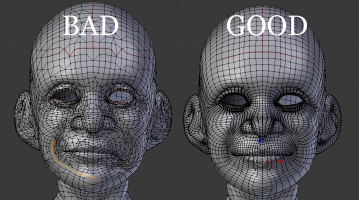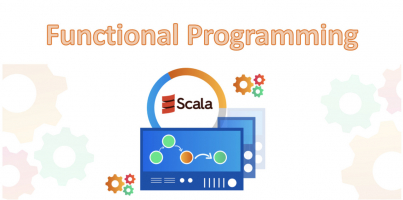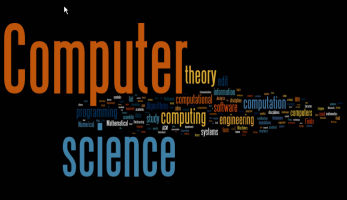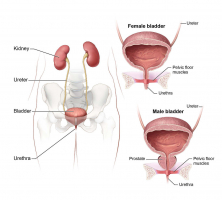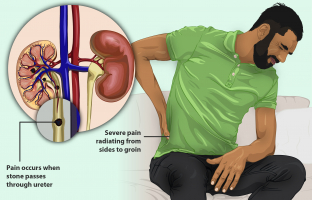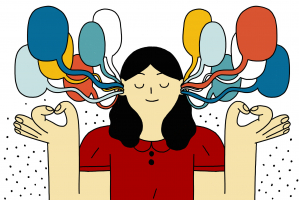Top 10 Best Books On Psychiatry
Books on psychiatry can be a valuable resource for anyone looking to learn more about mental health and its impact on human behavior. From memoirs to ... read more...textbooks, there is a wide variety of books available on the subject, each offering a unique perspective and insight into the complex world of psychiatry. We have compiled a list of the best books on psychiatry.
-
"Man's Search for Meaning" is a seminal work in the field of psychiatry authored by Viktor E. Frankl, an Austrian neurologist and psychiatrist who survived the Holocaust. This book is a poignant and deeply moving account of Frankl's experiences as a prisoner in Nazi concentration camps during World War II, and his subsequent development of a revolutionary approach to psychotherapy known as logotherapy.
Frankl's book is divided into two parts. The first part, titled "Experiences in a Concentration Camp," provides a vivid and harrowing account of Frankl's time as a prisoner in Auschwitz and other camps. Through his experiences, Frankl examines the human capacity for survival, and argues that the desire for meaning and purpose is the primary driving force in human life.
The second part of the book, titled "Logotherapy in a Nutshell," outlines Frankl's approach to psychotherapy, which emphasizes the search for meaning as the central goal of human existence. Unlike other forms of psychotherapy that focus on the past or present, logotherapy focuses on the future, encouraging patients to discover and pursue their unique sense of purpose and meaning in life.
"Man's Search for Meaning" is a powerful and thought-provoking book that has had a profound impact on the field of psychiatry and on countless individuals seeking to find meaning in their own lives. With its timeless insights into the human condition and the nature of suffering, this book continues to inspire and enlighten readers around the world.
Author: Viktor E. Frankl
Ratings: 4.7 out of 5 stars (from 80040 reviews)
Best Sellers Rank: #113 in Books
#1 in Popular Psychology Psychotherapy
#1 in Jewish Holocaust History
#1 in Popular Psychology Psychoanalysis
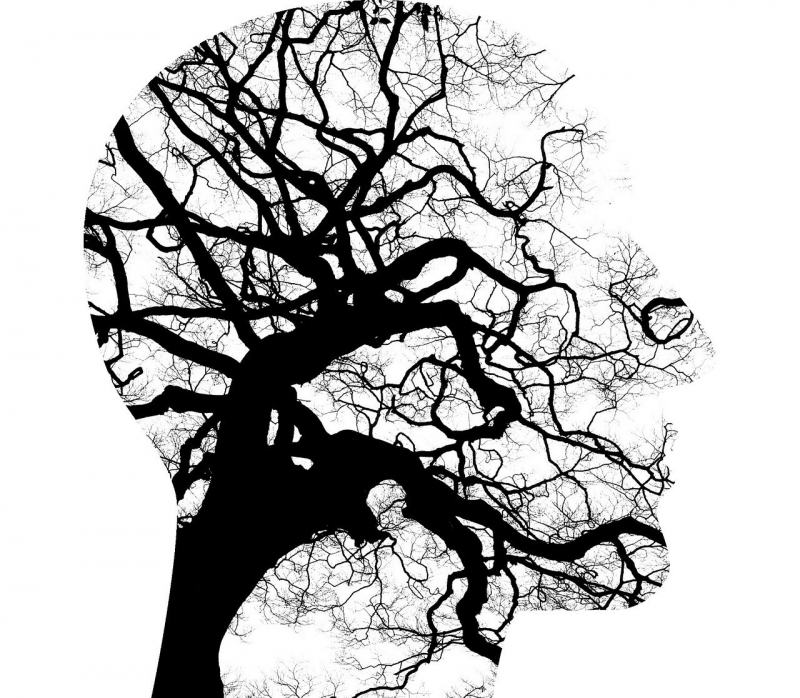
Image by Tumisu from Pixabay 
Image by Gerd Altmann from Pixabay -
The Diagnostic and Statistical Manual of Mental Disorders (DSM) is a book that serves as a classification system for mental health disorders and their diagnostic criteria. First published in 1952 by the American Psychiatric Association, the DSM has undergone several revisions over the years, with the latest edition being the DSM-5.
The DSM-5 is an essential tool for mental health professionals worldwide, as it provides a common language and framework for diagnosing mental health disorders. It has been praised for its comprehensive approach and its ability to stay up-to-date with the latest research and knowledge in the field of psychiatry.
The DSM-5 includes a range of mental health disorders, including anxiety disorders, mood disorders, personality disorders, and psychotic disorders. Each disorder is accompanied by a set of diagnostic criteria, which help clinicians determine whether a patient meets the criteria for a particular disorder.
The book is divided into three sections: Section I covers the basics of the DSM-5, including its history, development, and use. Section II covers the diagnostic criteria for the various mental health disorders, and Section III provides additional information and guidelines for using the DSM-5.
Overall, the DSM-5 is an essential resource for mental health professionals, researchers, and students, as it provides a standardized approach to diagnosing and treating mental health disorders. It is a comprehensive and reliable reference that reflects the current state of knowledge in the field of psychiatry.
Author: American Psychiatric Association
Ratings: 4.6 out of 5 stars (from 1995 reviews)Best Sellers Rank: #902 in Books
#1 in Psychiatry (Books)
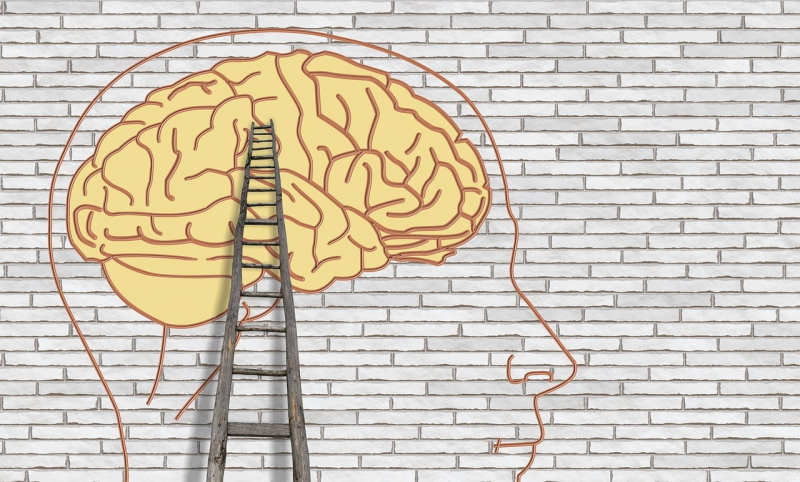
Image by Gerd Altmann from Pixabay 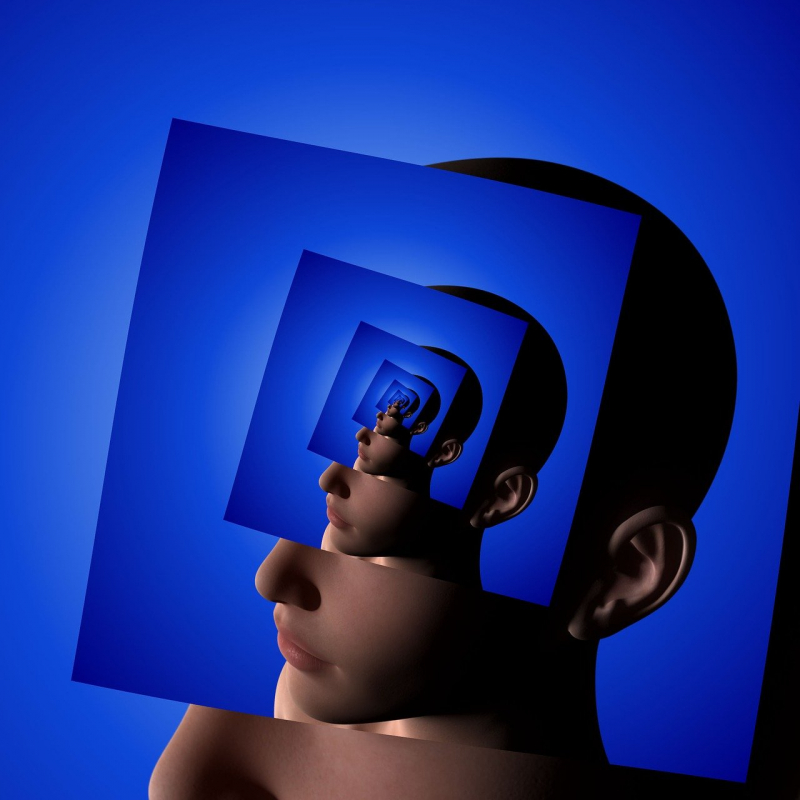
Image by Gerd Altmann from Pixabay -
Desk Reference to the Diagnostic Criteria from DSM-5-TR is one of the best books on Psychiatry, authored by the American Psychiatric Association. It is a comprehensive guide that provides an easy-to-use reference for mental health professionals to diagnose and classify psychiatric disorders. The book is widely recognized as the gold standard in the field of psychiatry, and it has been used extensively by clinicians, researchers, and educators worldwide.
The book's author, the American Psychiatric Association, is a professional organization representing more than 38,000 psychiatric physicians from the United States and other countries. They have been publishing the Diagnostic and Statistical Manual of Mental Disorders (DSM) since 1952, and the latest edition, DSM-5-TR, was released in 2013. The Desk Reference to the Diagnostic Criteria from DSM-5-TR is an essential tool for mental health professionals to understand and apply the DSM-5-TR criteria accurately and effectively.
The Desk Reference to the Diagnostic Criteria from DSM-5-TR is organized into chapters that follow the DSM-5-TR's structure, including disorders usually first diagnosed in childhood, substance-related and addictive disorders, and personality disorders, among others. Each chapter begins with a brief introduction of the disorder and its diagnostic criteria, followed by a list of subtypes, specifiers, and associated features. The book's content is further enhanced by helpful graphics, charts, and tables that aid in understanding and applying the criteria.
In conclusion, Desk Reference to the Diagnostic Criteria from DSM-5-TR is an invaluable resource for mental health professionals seeking to diagnose and classify psychiatric disorders accurately and efficiently. It is a must-have reference for all mental health professionals, including psychiatrists, psychologists, social workers, nurses, and other clinicians who work with patients with mental health conditions.
Author: American Psychiatric Association
Ratings: 4.6 out of 5 stars (from 620 reviews)Best Sellers Rank: #2,846 in Books
#2 in Psychiatry (Books)
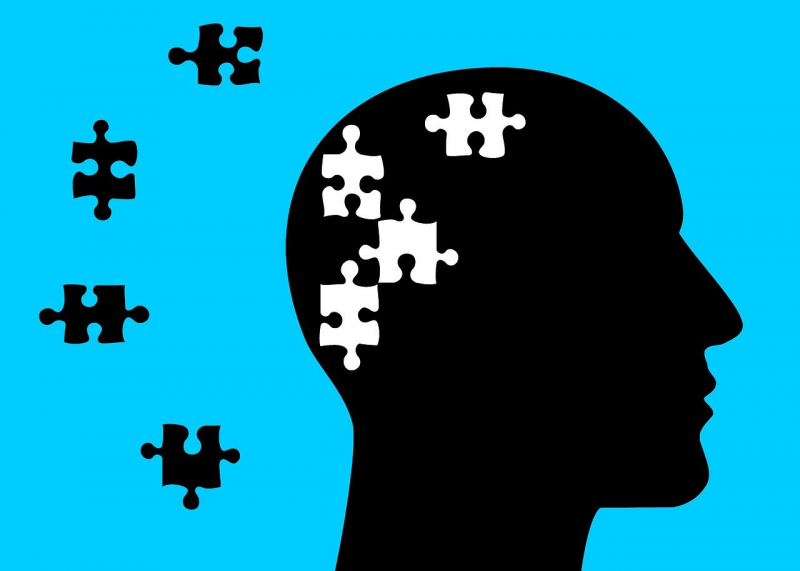
Image by Tumisu from Pixabay 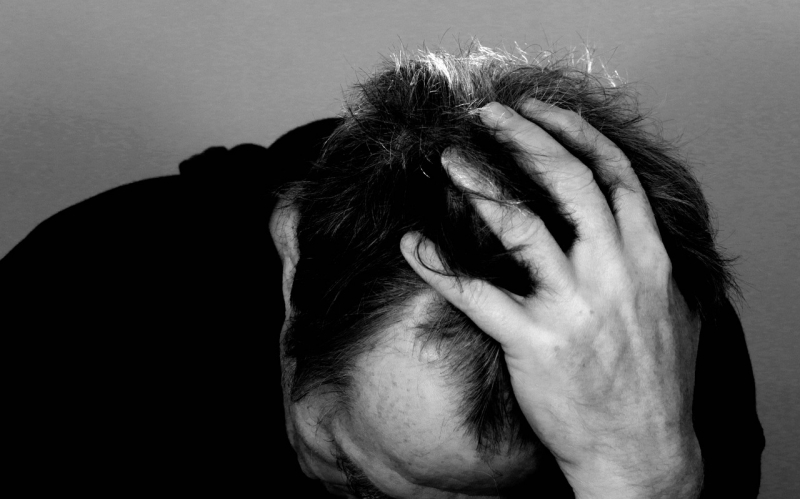
Image by Gerd Altmann from Pixabay -
Stephen M. Stahl's "Stahl's Essential Psychopharmacology" is a comprehensive and authoritative guide to the principles and practice of psychopharmacology. This book has become one of the best-known and most respected works in the field of psychiatry, providing a solid foundation for both students and professionals seeking to understand the complex and rapidly evolving field of psychopharmacology.
Stahl's Essential Psychopharmacology is a highly regarded textbook that is widely used in medical schools, residency training programs, and psychiatric clinics around the world. The book offers a unique approach that integrates the neurobiological and clinical aspects of psychopharmacology, providing readers with a deep understanding of the mechanisms of action of psychotropic drugs and their clinical applications.
In this fifth edition of the book, Stahl has expanded the content to include the latest advances in the field, with new chapters on ketamine, esketamine, and psychedelic compounds, as well as updates on existing chapters on antidepressants, antipsychotics, anxiolytics, and mood stabilizers.
Stahl's Essential Psychopharmacology is an accessible and engaging text that presents complex concepts in an easy-to-understand manner, making it an essential resource for anyone seeking to understand the field of psychopharmacology. The book features numerous case studies, illustrations, and tables to help readers grasp key concepts and apply them to real-world scenarios.
Among the best books on psychiatry, Stahl's Essential Psychopharmacology is an invaluable resource for students, residents, and practicing psychiatrists, providing a solid foundation in the principles and practice of psychopharmacology that will serve them well throughout their careers.
Author: Stephen M. Stahl
Ratings: 4.7 out of 5 stars (from 440 reviews)
Best Sellers Rank: #6,800 in Books
#2 in Medical Psychopharmacology
#2 in Popular Psychology Psychopharmacology
#5 in Psychiatry (Books)
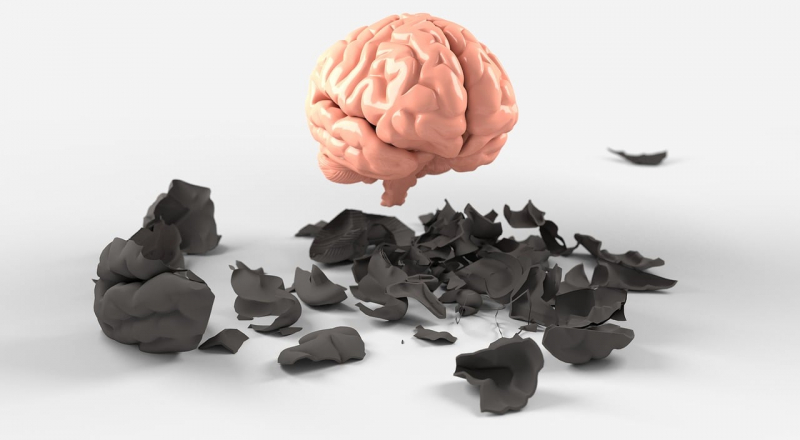
Image by 3D Animation Production Company from Pixabay 
Image by Gerd Altmann from Pixabay -
Seth J. Gillihan Ph.D.'s "Cognitive Behavioral Therapy Made Simple" is a practical guide to the fundamentals of cognitive-behavioral therapy (CBT). This book is an essential resource for both clinicians and patients seeking to understand and apply the principles of CBT to improve mental health and well-being.
As a licensed clinical psychologist and CBT expert, Gillihan has a wealth of experience in helping individuals overcome a range of mental health conditions using evidence-based CBT techniques. In this book, he provides a clear and concise overview of CBT and its applications, presenting a step-by-step approach to mastering the skills and techniques of CBT.
"Cognitive Behavioral Therapy Made Simple" covers a wide range of topics, including the basic principles of CBT, how to identify and challenge negative thoughts, coping with anxiety and depression, and improving communication and relationships. The book is filled with practical exercises and worksheets that enable readers to apply the techniques of CBT to their own lives and track their progress over time.
Gillihan's writing style is engaging and accessible, making complex concepts easy to understand and apply. He also addresses common misconceptions about CBT, providing readers with a clear understanding of the evidence-based approach that has been proven to be effective in treating a wide range of mental health conditions.
Overall, "Cognitive Behavioral Therapy Made Simple" is an indispensable resource for anyone seeking to improve their mental health and well-being. Whether you are a mental health professional looking to expand your skillset or an individual seeking to take control of your own mental health, this book provides a clear and concise guide to the principles and practice of CBT.
Author: Seth J. Gillihan Ph.D
Ratings: 4.6 out of 5 stars (from 5085 reviews)
Best Sellers Rank: #5,274 in Books
#8 in Mood Disorders (Books)
#26 in Anxieties & Phobias
#28 in Anxiety Disorders (Books)
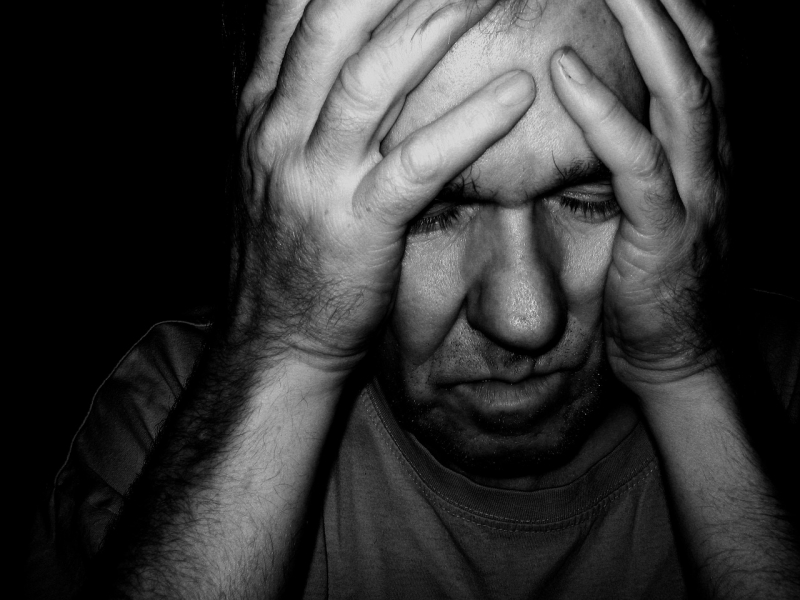
Image by Gerd Altmann from Pixabay 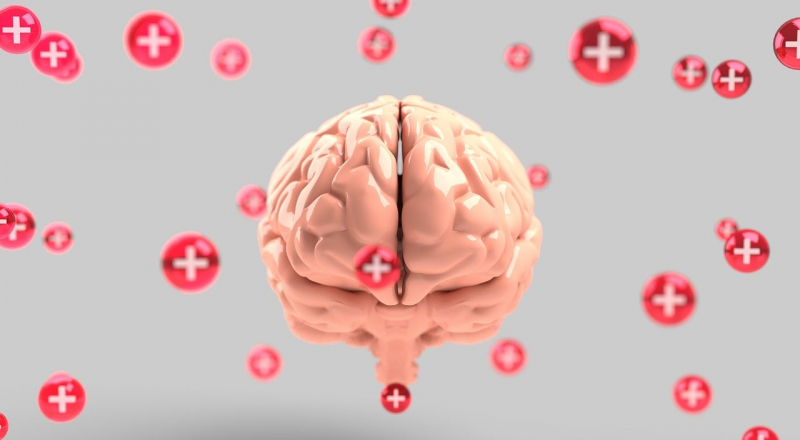
Image by 3D Animation Production Company from Pixabay -
"A Parent's Guide to High-Functioning Autism Spectrum Disorder" by Sally Ozonoff, Geraldine Dawson, and James C. McPartland is an essential resource for parents and caregivers of children with high-functioning autism spectrum disorder (ASD). This book provides a comprehensive overview of the disorder and offers practical advice for parents on how to best support their child's development.
Sally Ozonoff is a professor of psychiatry and behavioral sciences at the University of California, Davis, where she directs the MIND Institute's Autism Research Training Program. Geraldine Dawson is a professor of psychiatry and behavioral sciences at Duke University and director of the Duke Center for Autism and Brain Development. James C. McPartland is an associate professor of child psychiatry and psychology at Yale University and director of the Yale Developmental Disabilities Clinic.
The authors draw on their extensive experience in the field of autism research and treatment to provide parents with a clear and comprehensive understanding of high-functioning ASD. They cover topics such as diagnosis, early intervention, communication, social skills, education, and behavior management, as well as the challenges and opportunities that come with raising a child with ASD.
One of the strengths of this book is its emphasis on evidence-based practices, with the authors drawing on the latest research to guide parents in making informed decisions about their child's care. The book also features practical tips and strategies for parents, as well as real-life examples of families navigating the challenges of high-functioning ASD.
Among the best books on psychiatry, "A Parent's Guide to High-Functioning Autism Spectrum Disorder" is a valuable resource for any parent or caregiver of a child with ASD. With its clear and accessible writing style, evidence-based approach, and practical advice, this book is a must-read for anyone seeking to better understand and support children with high-functioning ASD.
Author: Sally Ozonoff, Geraldine Dawson and James C. McPartland
Ratings: 4.7 out of 5 stars (from 798 reviews)
Best Sellers Rank: #23,440 in Books
#4 in Psychopathology
#9 in Special Education (Books)
#28 in Autism & Asperger's Syndrome

Image by Gerd Altmann from Pixabay 
Image by Max from Pixabay -
"Unhinged: The Trouble with Psychiatry" is a thought-provoking and insightful book authored by Daniel Carlat, M.D. that challenges the status quo of the psychiatric profession. Dr. Carlat, a practicing psychiatrist and former director of the psychiatric residency program at Tufts Medical Center, draws on his extensive experience in the field to offer a critical examination of psychiatry's shortcomings and limitations.
In "Unhinged," Dr. Carlat raises important questions about the role of pharmaceutical companies in shaping psychiatric diagnoses and treatments, the overreliance on medications, and the lack of emphasis on psychotherapy in the field of psychiatry. Through a series of personal anecdotes and case studies, he highlights the challenges and complexities of treating mental illness in a healthcare system that often prioritizes profits over patient well-being.
The book is a must-read for anyone interested in understanding the limitations and controversies within the field of psychiatry. Dr. Carlat's writing style is accessible and engaging, making complex concepts easy to understand. He does not shy away from addressing controversial issues and raises important questions about the future of psychiatry.
Overall, "Unhinged" is a valuable and thought-provoking addition to the field of psychiatry, challenging the reader to consider the broader societal and economic forces that shape the way we approach mental health. Whether you are a mental health professional, patient, or simply interested in the field, this book is sure to offer a new perspective and provoke meaningful discussions about the future of psychiatry.
Author: Daniel Carlat M.D.
Ratings: 4.5 out of 5 stars (from 110 reviews)
Best Sellers Rank: #231,741 in Books
#390 in Medical Psychotherapy TA & NLP
#513 in Popular Psychology Psychotherapy
#1,047 in Medical General Psychology

Image by Gerd Altmann from Pixabay 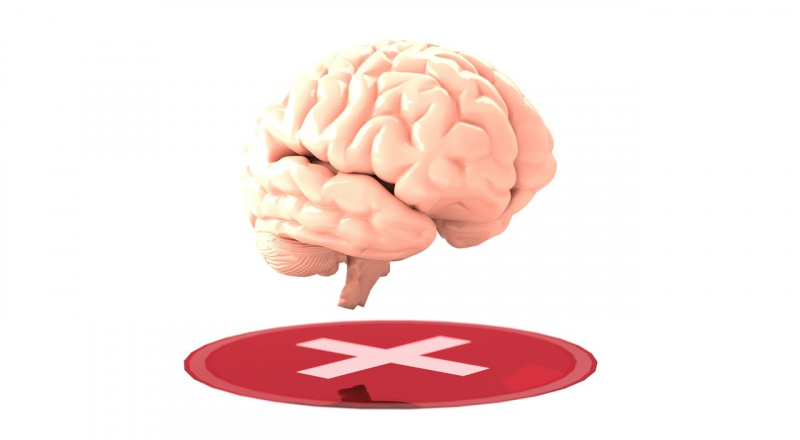
Image by 3D Animation Production Company from Pixabay -
Louis Cozolino's "The Neuroscience of Psychotherapy with Psychiatry", one of the best books on psychiatry, is an innovative and groundbreaking work that bridges the gap between neuroscience and psychotherapy. This book is a must-read for anyone interested in the intersection of psychology and neuroscience, as it provides a comprehensive overview of the latest research on brain function and its relationship to mental health.
Cozolino is a professor of psychology at Pepperdine University and a well-respected authority in the field of neuroscience and psychotherapy. He has written several books on the topic, and his work is widely cited in academic and clinical settings.
In "The Neuroscience of Psychotherapy with Psychiatry," Cozolino offers a unique perspective on the practice of psychotherapy, using the latest findings from neuroscience to inform and enhance traditional therapeutic approaches. The book is divided into three sections, each focusing on a different aspect of the relationship between neuroscience and psychotherapy.
The first section provides a detailed overview of the structure and function of the brain, with an emphasis on the ways in which brain function is linked to behavior and mental health. The second section explores how this knowledge can be applied to the practice of psychotherapy, including specific techniques for integrating neuroscience into therapy sessions.
The final section of the book focuses on the role of medication in psychiatric treatment, examining the ways in which psychotherapy and medication can be used together to achieve the best possible outcomes for patients.
Overall, "The Neuroscience of Psychotherapy with Psychiatry" is a groundbreaking work that offers a new way of thinking about the relationship between neuroscience and psychotherapy. It is an essential read for anyone interested in the field of mental health and the ways in which neuroscience can inform and enhance therapeutic practice.
Author: Louis Cozolino
Ratings: 4.8 out of 5 stars (from 119 reviews)
Best Sellers Rank: #272,055 in Books
#427 in Medical Clinical Psychology
#486 in Medical Psychotherapy TA & NLP
#619 in Popular Psychology Psychotherapy

Image by Gerd Altmann from Pixabay 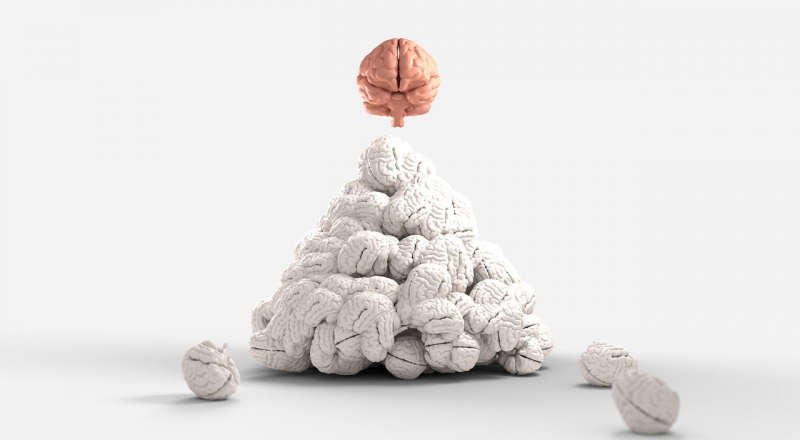
Image by 3D Animation Production Company from Pixabay -
Susannah Cahalan's "Brain on Fire" is a captivating and thought-provoking memoir that tells the story of the author's experience with a rare and mysterious autoimmune disease that nearly destroyed her life. This book has become one of the most highly regarded works in the field of psychiatry, providing a unique perspective on the intersection of medicine and psychology.
Cahalan was a young and ambitious journalist when she began experiencing a series of strange and terrifying symptoms, including seizures, hallucinations, and increasingly erratic behavior. Her doctors were initially at a loss to explain what was happening to her, and she was misdiagnosed with everything from bipolar disorder to schizophrenia.
But through a combination of luck, perseverance, and the expertise of a dedicated team of medical professionals, Cahalan was eventually diagnosed with a rare condition called anti-NMDA receptor encephalitis. This autoimmune disease causes the immune system to attack the brain, leading to a range of neurological and psychiatric symptoms.
In "Brain on Fire," Cahalan tells the story of her harrowing journey through diagnosis, treatment, and recovery, weaving together her own experiences with the latest scientific research on autoimmune diseases and mental health. The book offers a compelling and compassionate look at the challenges faced by those with rare and misunderstood conditions, and the importance of early diagnosis and effective treatment.
Overall, "Brain on Fire" is a powerful and deeply personal account of one woman's struggle with a devastating illness, and a testament to the resilience of the human spirit. It is a must-read for anyone interested in the intersection of medicine, psychology, and personal narrative.
Author: Susannah Cahalan
Ratings: 4.4 out of 5 stars (from 15429 reviews)Best Sellers Rank: #6,814 in Books
#18 in Medical Professional Biographies
#387 in Memoirs (Books)
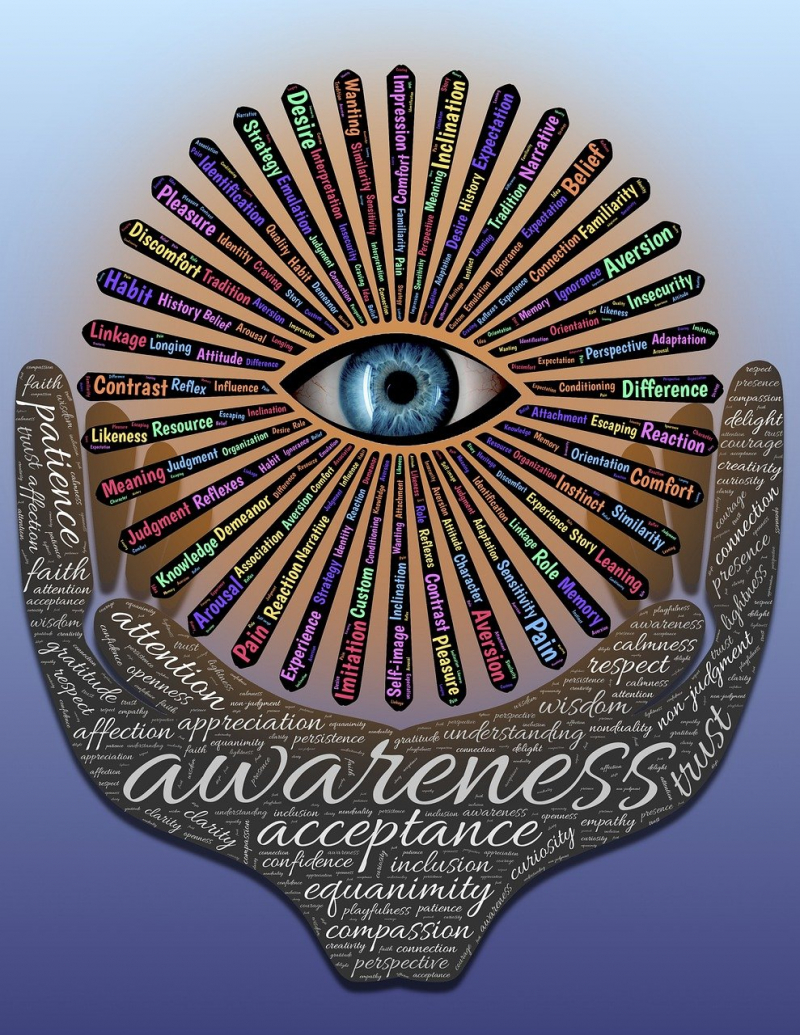
Image by John Hain from Pixabay 
Image by Max from Pixabay -
Oliver Sacks' "Hallucinations" is a fascinating exploration of the phenomenon of hallucinations and the wide range of conditions that can lead to them. Sacks was a world-renowned neurologist and author, known for his ability to weave together scientific research and personal stories to create engaging and informative narratives.
In "Hallucinations," Sacks draws on his extensive experience working with patients with neurological disorders to examine the many different forms that hallucinations can take. He discusses everything from the vivid hallucinations experienced by people with Charles Bonnet syndrome to the complex auditory hallucinations experienced by schizophrenics.
Sacks also explores the ways in which hallucinations have been understood and interpreted throughout history, examining the role they have played in religion, art, and literature. He shows how our understanding of hallucinations has evolved over time, from the belief that they were the result of demonic possession to the modern understanding that they are a complex neurological phenomenon.
Throughout the book, Sacks uses personal anecdotes and case studies to illustrate the different types of hallucinations and the impact they can have on people's lives. He also discusses the various treatments that are available for hallucinations, from medications to cognitive-behavioral therapy.
Among the best books on psychiatry, "Hallucinations" is a captivating and informative book that offers a unique perspective on a fascinating and often misunderstood phenomenon. Sacks' blend of scientific research and personal storytelling makes this book accessible and engaging for both lay readers and professionals in the field of psychiatry.
Author: Oliver Sacks
Ratings: 4.5 out of 5 stars (from 1469 reviews)
Best Sellers Rank: #295,669 in Books
#53 in Psychologist Biographies
#268 in Neuroscience (Books)
#1,385 in Medical General Psychology

Image by kalhh from Pixabay 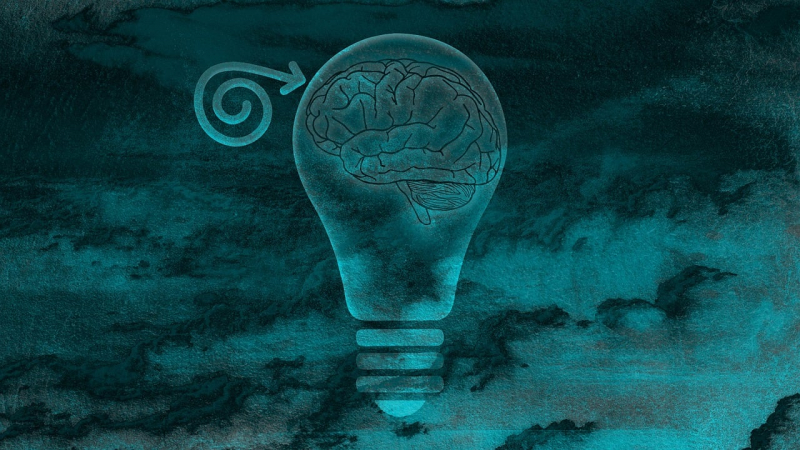
Image by Chen from Pixabay

















